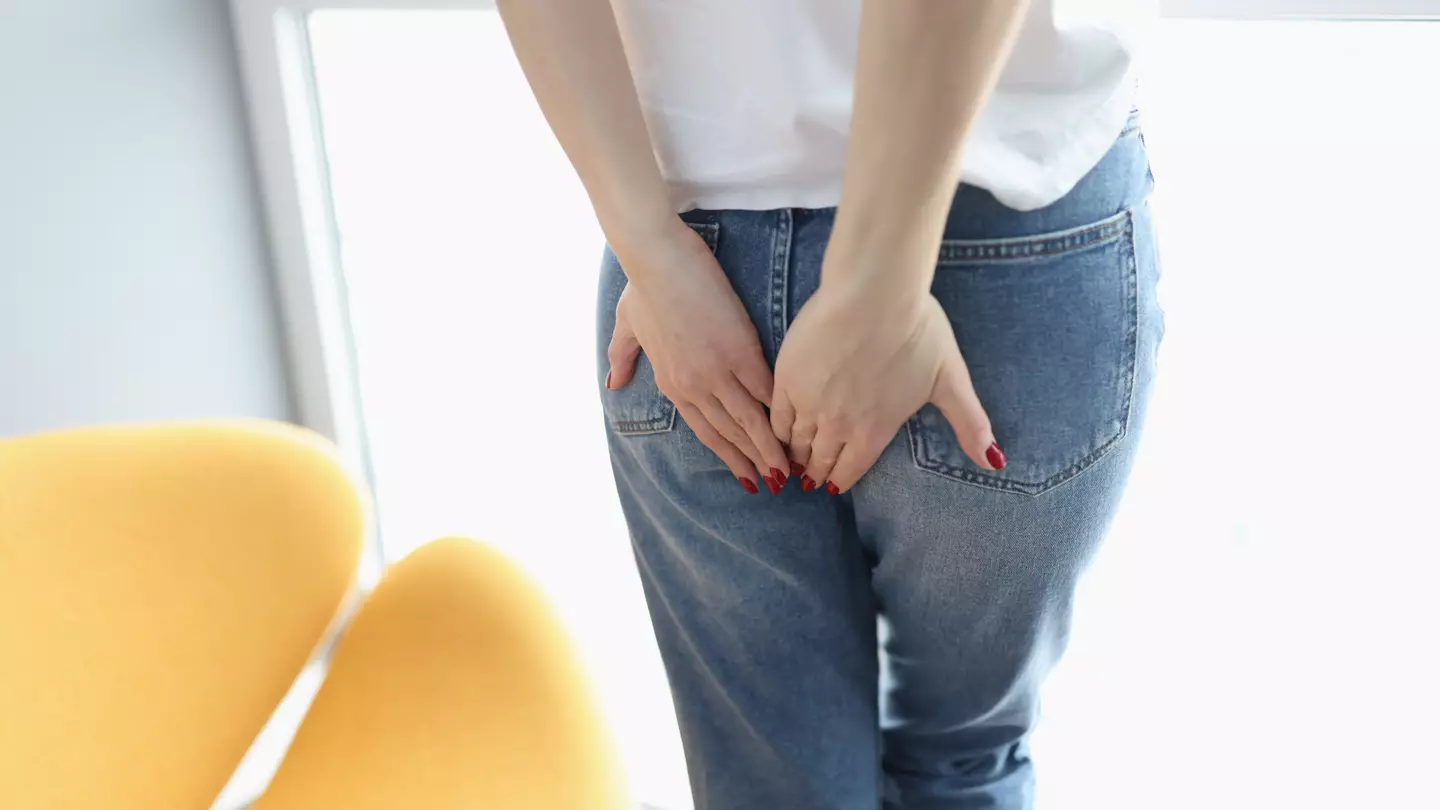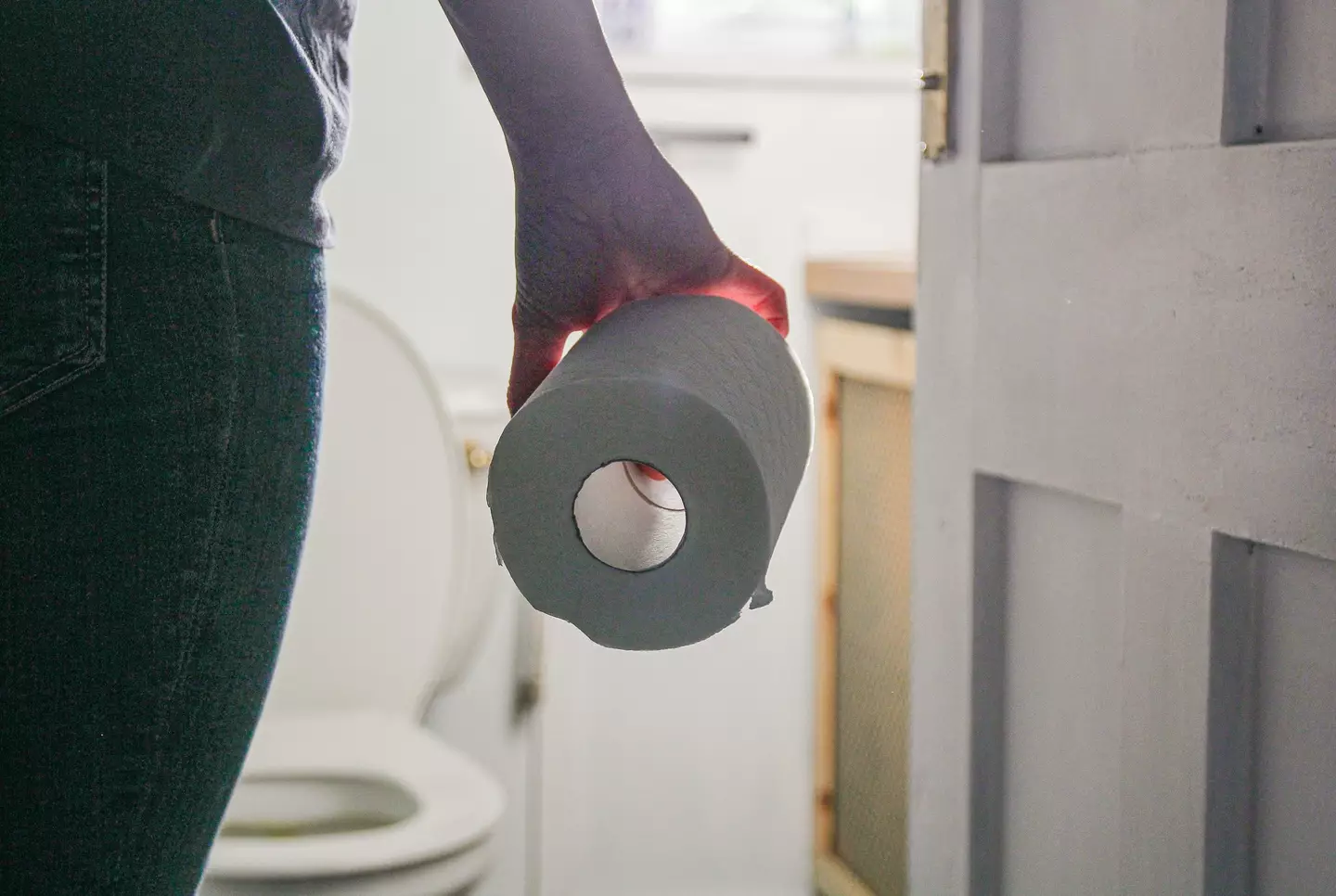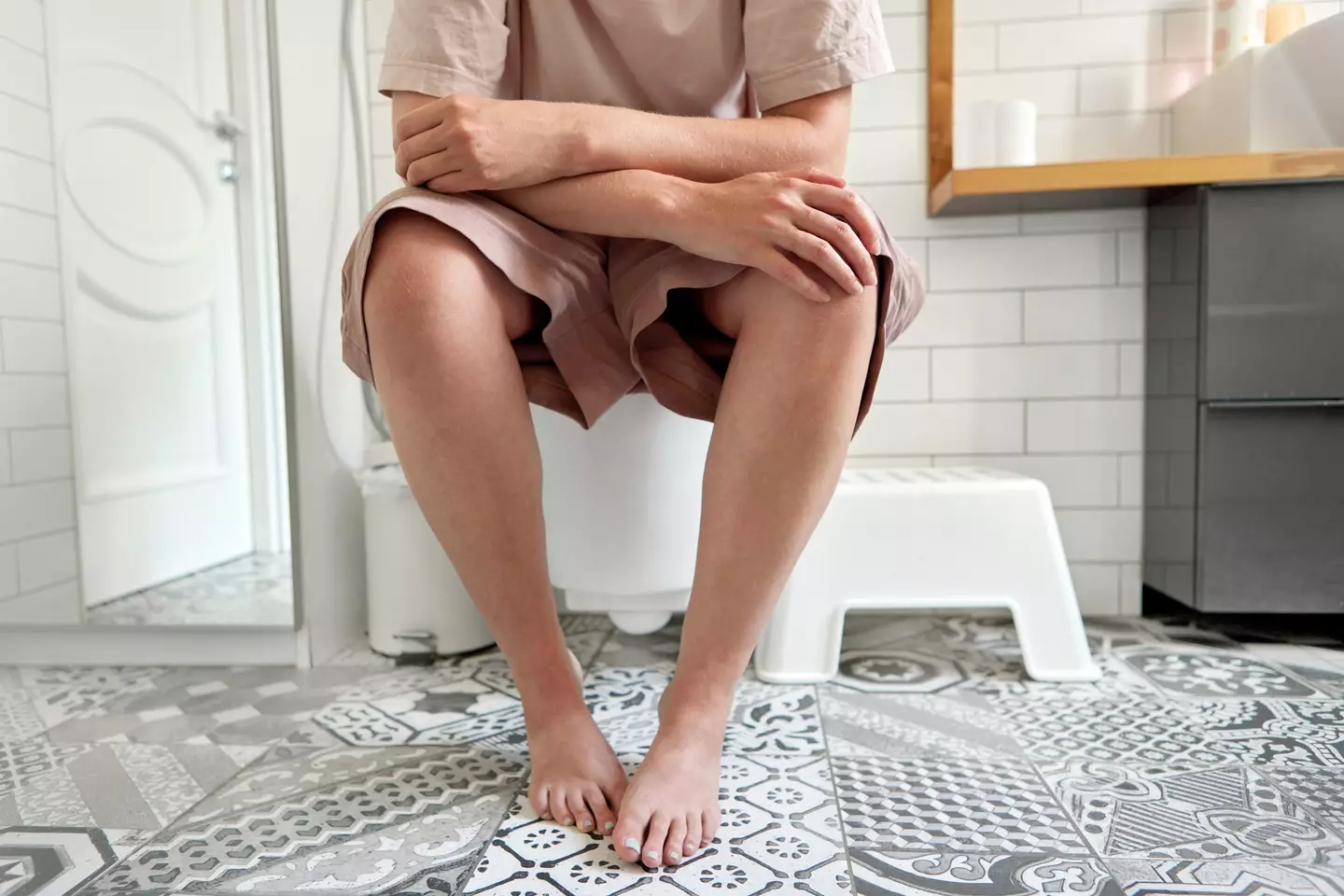
An anal surgeon has warned against a common issue that can cause pain when you’re using the toilet - and advised on how you can avoid it.
Everyone wants a stress-free toilet experience and going for a number two is simply something we all have to do, so it can be annoying when simply relieving yourself is hurting.
With cancer cases on the rise, particularly anal and colon cancers, it can also leave you worried if you notice that something’s not quite right.
And while you should definitely get checked out if you’re concerned, it’s reassuring to know that it’s most likely something less serious.
Advert
Dr. Evan Goldstein, founder and CEO of Bespoke Surgical and the Future Method sexual wellness brand, has shared his knowledge on the matter with The New York Post.
He explained that if you feel pain when pooing, it may simply be an anal fissure, as they’re more common than you think.

What is an anal fissure?
As per the NHS, an anal fissure is a small tear in your anus that causes pain when you poo.
The symptoms of it are severe, sharp pain when you poo, burning pain after you poo that may last for several hours and bright red blood in the toilet or on the toilet paper.
According to one study, an estimated 250,000 Americans deal with the health issue every single year.
Dr Goldstein, who goes by Dr. Butthole - yes, really - explained: “Anal fissures are incredibly common, especially among people who engage in anal sex.”
He added: “They can be caused by a number of things: sometimes it’s muscular, like spasms or tightness during bowel movements or bottoming.
“Other times, it’s structural: thinner skin or tissue that simply can’t accommodate penetration or pressure, which we often see in women.”
The doctor explained that half of fissures will just heal themselves, but it it doesn’t and is left untreated, this is when it can start to become a problem.

The importance of treating anal fissures
He added: “The tissue becomes fragile and prone to re-tearing. You might develop skin tags or scar tissue that affects both function and appearance.”
For the first week after you notice a new fissure, the expert says you should take the following steps:
- Take an over-the-counter stool softener and a fibre supplement
- Take Calmol 4 suppositories two times a day
- Bathe with epsom salts
- Try a prescription compound ointment
- Consume high-fibre foods
- Drink eight to 12 10-ounce glasses of water daily
- Gently wash and dry the area
- Don’t use baby wipes or anything that contains chemicals and avoid wiping
- Avoid caffeine as it will dehydrate you

When to seek medical advice for anal fissures
Now, if you’ve tried all of this and you’re still in pain after five to seven days, it’s time to go see your doctor for advice.
You will be examined and face a series of options, which in the UK the NHS outlines are an injection into your anus to help the muscles relax so the tear can heal, or making a small cut in the muscle in the anus to reduce tension and let the tear heal.
And, to avoid them in the first place, Dr Goldstein says it all comes down to ‘too much pressure from too many angles’.
He said: “Hard bowel movements, pushing too hard, sitting too long, skipping lube or using the wrong kind, toys that are too big - or too pointy - all of these increase your risk of fissures.”
Topics: NHS, Health, News, Life, Sex and Relationships